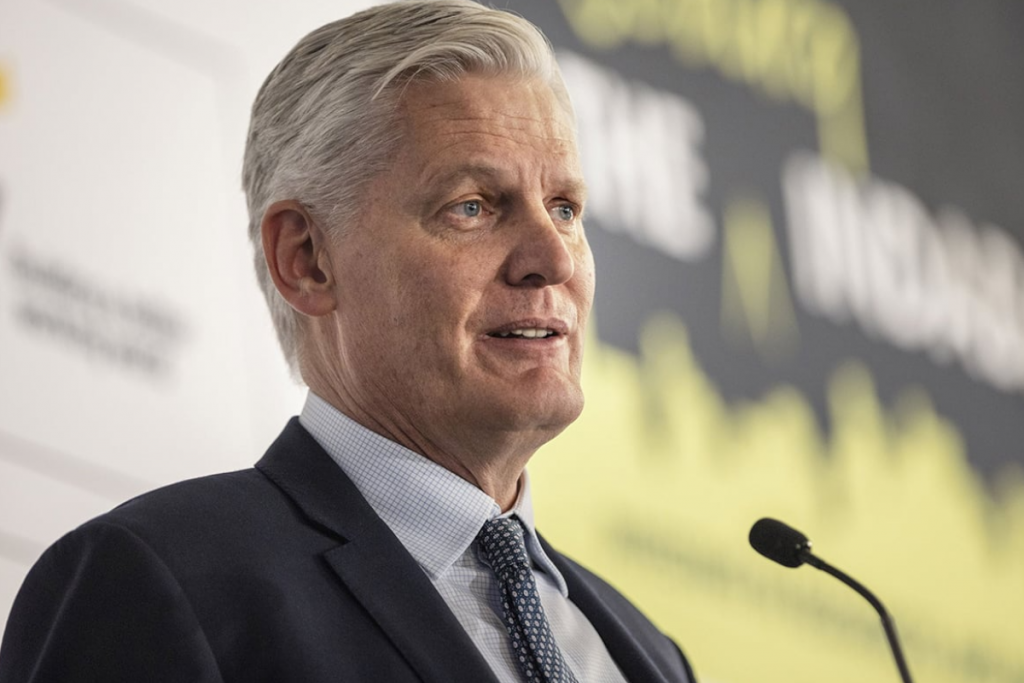
In a thought-provoking column published in Rapport, former Eskom CEO Andre de Ruyter, currently a senior fellow at Yale’s Jackson School of Global Affairs, shares valuable insights on steering South Africa away from potential economic pitfalls and draws parallels with Greece’s successful recovery post-2008 financial crisis. With a focus on tailoring business-friendly policies and strategic international partnerships, De Ruyter emphasizes the need for South Africa to learn from past mistakes and make informed decisions to avoid a scenario akin to Zimbabwe’s economic collapse.
De Ruyter draws attention to Greece’s economic turmoil after the 2008 financial crisis, emphasizing the importance of implementing effective reforms to overcome challenges. He highlights Greece’s success in stabilizing its economy through austerity measures, pension cuts, and tax hikes, which, despite facing public backlash, ultimately led to reduced debt, fiscal discipline, increased foreign investment, and a resurgence in tourism. Greece’s alignment with the Western world on global issues further contributed to its recovery and garnered support from influential nations like the United States.
De Ruyter advocates for South Africa to adopt similar strategies to promote economic growth. He stresses the significance of implementing policies that attract investment, steering clear of potential pitfalls such as National Health Insurance (NHI), investor-deterrent empowerment and procurement policies, and alliances with countries that may harm its international standing. He warns of the consequences, including a depreciating rand, escalating debt, a drain of skilled individuals, and a shrinking stock market, should these issues persist.
In a Nuuspod interview, De Ruyter encourages South Africa to prioritize its interests when engaging with other nations. Recognizing South Africa’s relatively smaller global footprint, he notes that the country must be strategic in international affairs to enhance its relevance among investors and trading partners. Quoting former US Secretary of State Henry Kissinger, he asserts that a nation’s allegiance should be guided by its interests rather than friendships. By aligning its support with its interests, South Africa can establish stronger economic ties and avoid alienating key trading partners.
De Ruyter criticizes South Africa’s recent decision to take Israel to the International Court of Justice for alleged genocide against Palestinians in Gaza. While this move gained support from certain nations and organizations, including the Organization of Islamic Countries (OIC), Malaysia, and others, De Ruyter warns that such actions may strain relations with crucial economic allies like the United States, Germany, and the UK—countries that support Israel. He urges South Africa to reconsider its global positioning to avoid jeopardizing its economic partnerships and interests.
In conclusion, De Ruyter’s advice underscores the critical need for South Africa to make strategic decisions in its economic and international policies. By learning from successful models like Greece and aligning its interests with global economic realities, South Africa can pave the way for sustainable economic growth, attract investment, and strengthen its position on the international stage. The stakes are high, and De Ruyter’s insights serve as a timely reminder for the nation to choose a path that leads to prosperity rather than risking a repeat of past mistakes.
This website uses cookies.